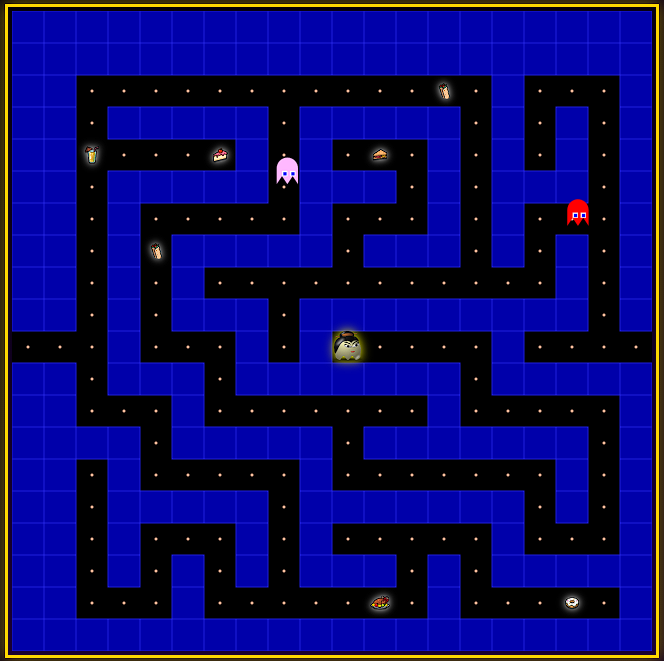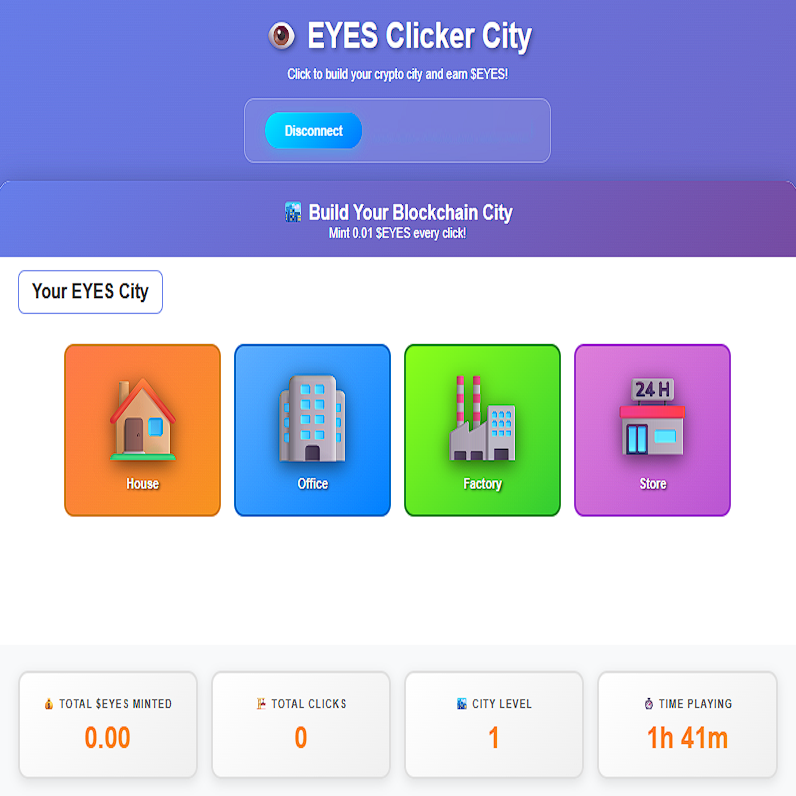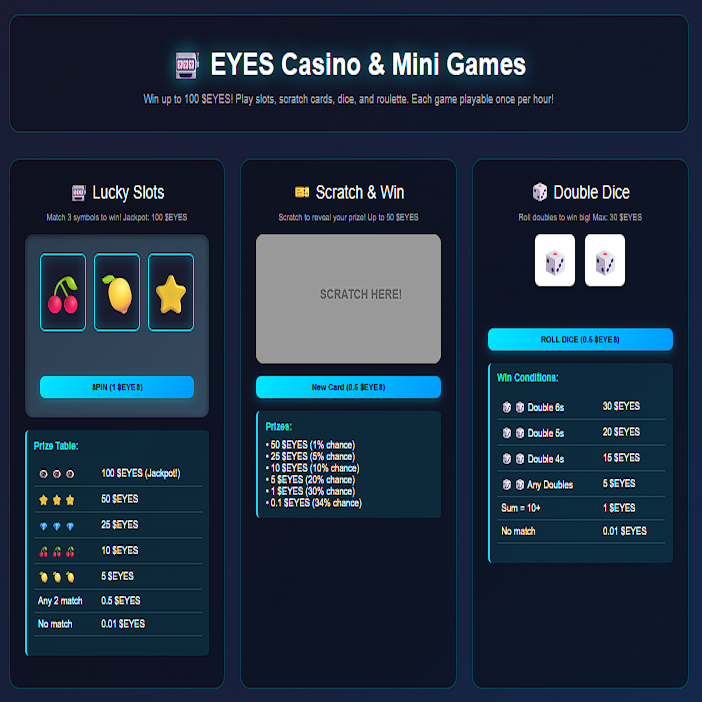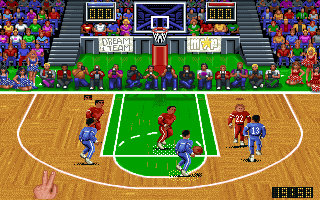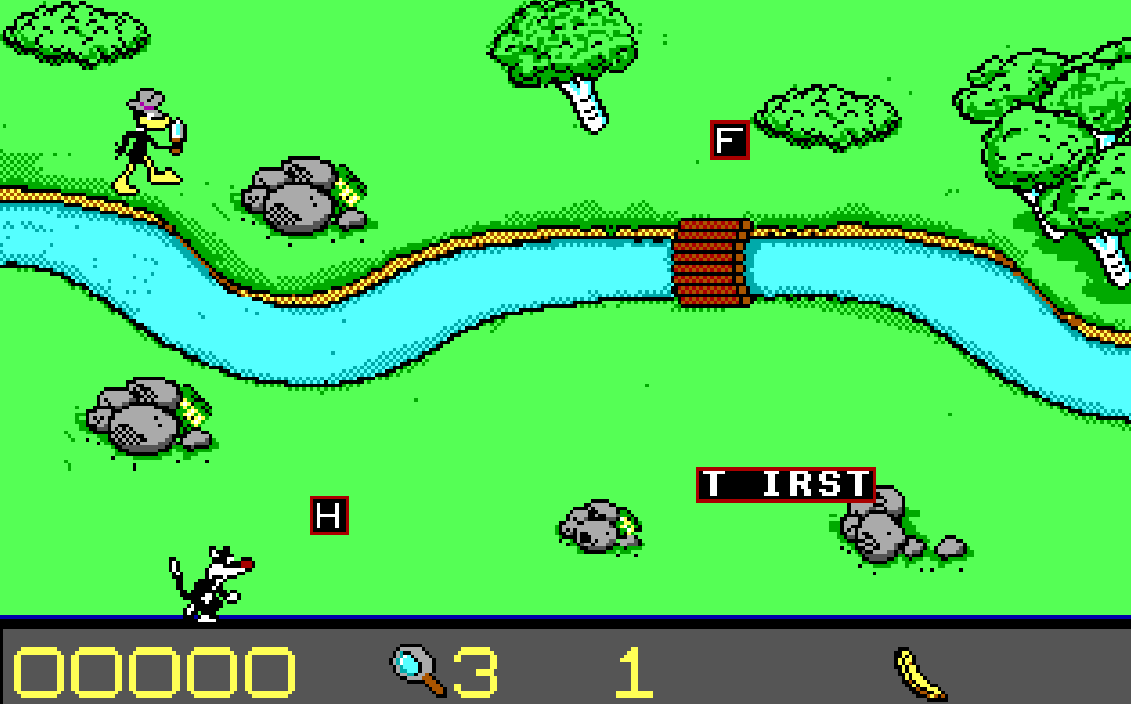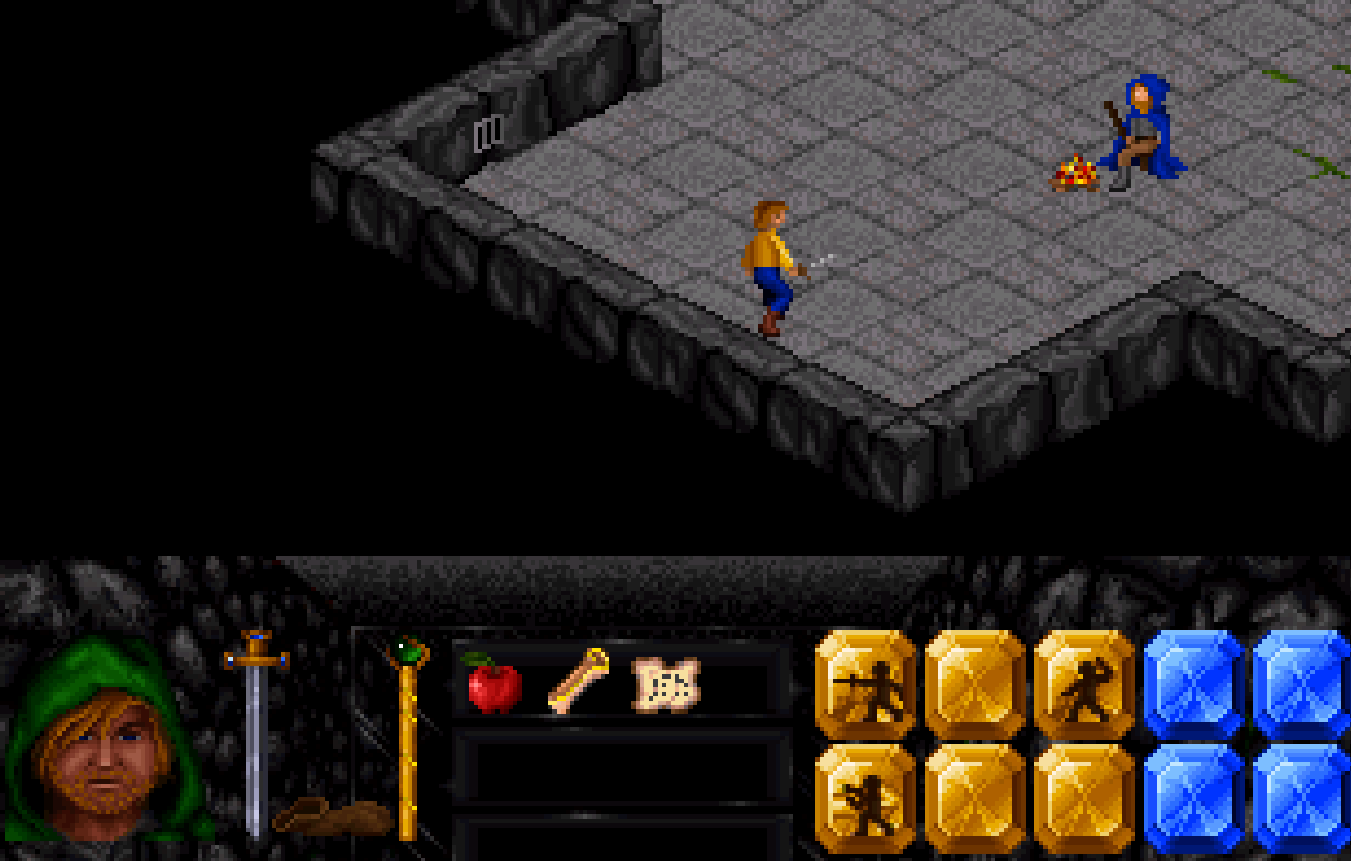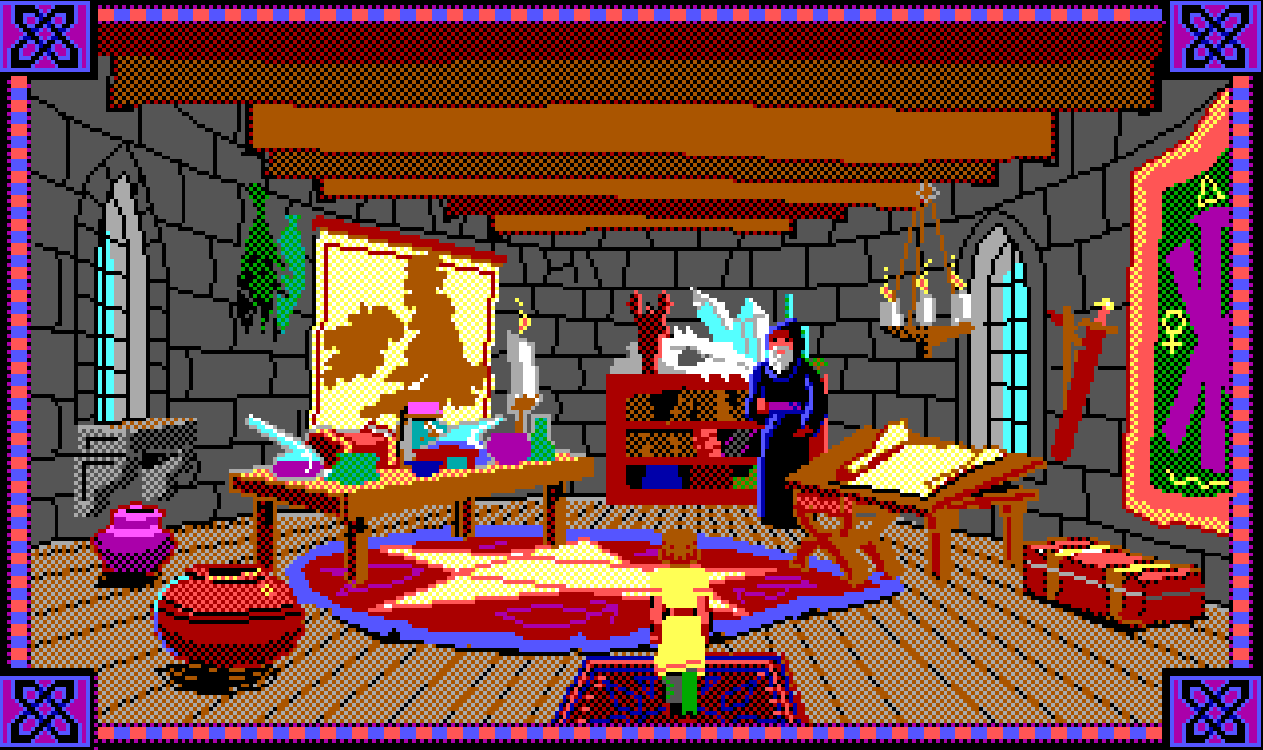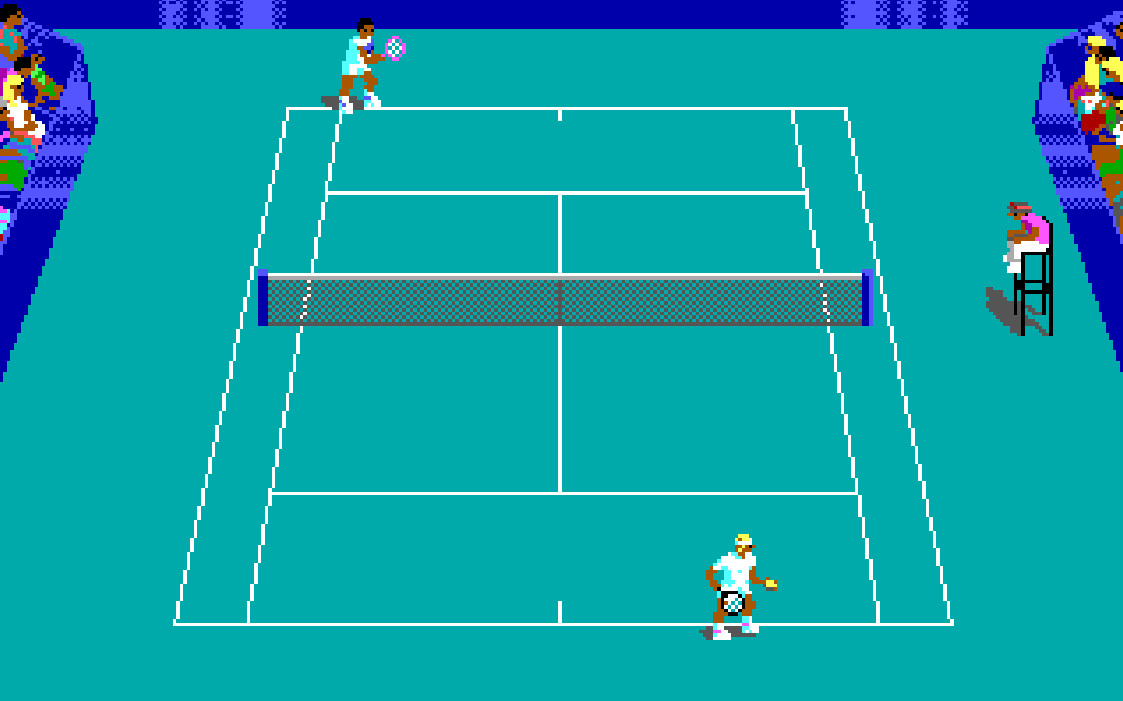Brain games have become increasingly popular in recent years as a way to improve memory and cognitive function. These games are designed to challenge the brain and keep it sharp, which can have a number of benefits for overall brain health. In this article, we will explore the benefits of brain games and how they can help improve memory and cognitive function.
Improved Memory
One of the most well-known benefits of brain games is their ability to improve memory. By challenging the brain with tasks that require memory recall, such as remembering patterns or sequences, brain games can help strengthen the neural pathways associated with memory. This can lead to better memory retention and recall in everyday life.
Research has shown that regular engagement in brain games can lead to improvements in both short-term and long-term memory. This can be especially beneficial for older adults, who may experience age-related memory decline. By keeping the brain active with brain games, older adults can help maintain their memory function and potentially reduce the risk of developing memory-related conditions such as Alzheimer’s disease.
Enhanced Cognitive Function
In addition to improving memory, brain games can also help enhance overall cognitive function. Cognitive function refers to a range of mental processes such as attention, reasoning, problem-solving, and decision-making. By challenging these cognitive processes with brain games, individuals can improve their cognitive abilities and enhance their overall brain function.
Studies have shown that engaging in brain games can lead to improvements in cognitive abilities such as processing speed, attention, and executive function. This can have a number of benefits in everyday life, such as improved focus and productivity at work, better decision-making skills, and increased mental clarity.
Increased Neuroplasticity
Neuroplasticity refers to the brain’s ability to reorganize itself by forming new neural connections in response to learning and experience. Brain games can help increase neuroplasticity by challenging the brain with new and complex tasks, which can help strengthen existing neural pathways and create new ones.
By engaging in brain games regularly, individuals can help improve their brain’s ability to adapt and change, which can lead to increased cognitive flexibility and resilience. This can be especially beneficial as we age, as it can help protect against age-related cognitive decline and potentially reduce the risk of developing neurological disorders.
FAQs
1. Are brain games suitable for people of all ages?
Yes, brain games are suitable for people of all ages. While they are often marketed towards older adults looking to improve their memory and cognitive function, brain games can be beneficial for individuals of all ages. Children and young adults can also benefit from brain games, as they can help improve cognitive abilities and enhance overall brain function.
2. How often should I engage in brain games to see improvements?
The frequency at which you engage in brain games can vary depending on your individual needs and goals. Some studies suggest that engaging in brain games for at least 20-30 minutes a day, several times a week, can lead to improvements in memory and cognitive function. However, it’s important to find a balance that works for you and fits into your daily routine.
3. Are there specific types of brain games that are more effective than others?
There is no one-size-fits-all answer to this question, as different types of brain games may have varying effects on memory and cognitive function. It’s important to find brain games that challenge a variety of cognitive processes, such as memory, attention, reasoning, and problem-solving. This can help ensure a well-rounded brain workout and maximize the benefits of brain games.
4. Can brain games prevent or reverse cognitive decline?
While engaging in brain games can help improve memory and cognitive function, they are not a cure-all for cognitive decline. However, regular engagement in brain games can help protect against age-related cognitive decline and potentially reduce the risk of developing neurological disorders. It’s important to combine brain games with other healthy lifestyle habits, such as regular exercise, a balanced diet, and social engagement, to support overall brain health.
5. Are there any potential risks or side effects associated with brain games?
For most people, brain games are safe and have minimal risks or side effects. However, it’s important to listen to your body and take breaks if you experience any discomfort or fatigue while engaging in brain games. It’s also important to consult with a healthcare professional before starting any new brain training program, especially if you have a history of neurological disorders or cognitive impairment.
https://opensea.io/collection/eye-of-unity
https://discord.gg/4KeKwkqeeF
https://opensea.io/eyeofunity
https://rarible.com/eyeofunity
https://magiceden.io/u/eyeofunity
